Nadia Ben Rachid
No birth date available.
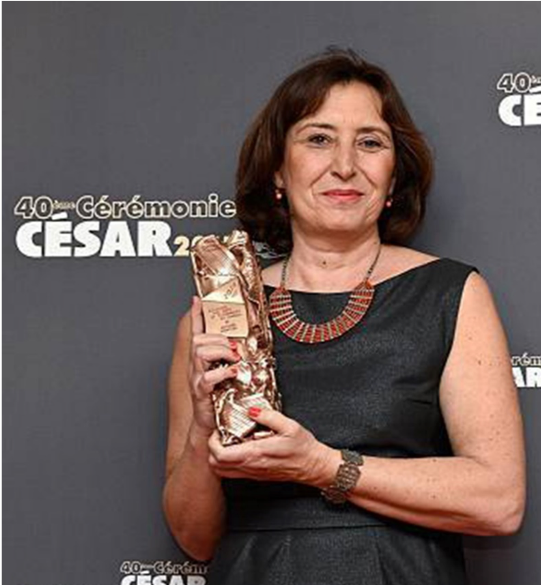 Nadia Ben Rachid is a Franco-Tunisian editor who has worked for twenty years with Abderrahmane Sissako on his films, such as Waiting for Happiness, Bamako and Life on Earth. She won a César as well as Best Editing at FESPACO for Sissako’s latest film, Timbuktu. Ben Rachid has edited numerous documentaries, including all of Anne Aghion’s films, including the 2005 Emmy winner In Rwanda We Say…The Family That Does Not Speak Dies. She recently edited Shirin Neshat’s Looking for Oum Kulthum.
Nadia Ben Rachid is a Franco-Tunisian editor who has worked for twenty years with Abderrahmane Sissako on his films, such as Waiting for Happiness, Bamako and Life on Earth. She won a César as well as Best Editing at FESPACO for Sissako’s latest film, Timbuktu. Ben Rachid has edited numerous documentaries, including all of Anne Aghion’s films, including the 2005 Emmy winner In Rwanda We Say…The Family That Does Not Speak Dies. She recently edited Shirin Neshat’s Looking for Oum Kulthum.
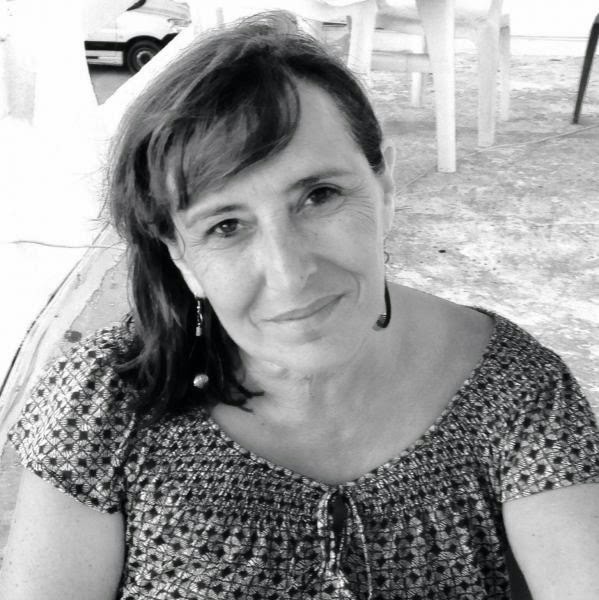
“There are treasures in the footage that must be managed carefully as this is what captures the viewer’s attention. It must be presented in small doses. A film is like promising the viewer something based on a time frame and a story. The viewer is generous but one should not go too far. My role is there, when there is discussion, for bringing it to its potential. I consider myself the first spectator of the film.”
“I am probably as bored as anyone else in life, even more; I think that this is a quality for an editor. There are so many things to do during editing! I have to be very organized; it is the only way to keep a clear head. Hence, I can be totally involved and concentrated.”
—Two extracts from an interview with Ben Rachid by Djia Mambu. The full interview can be found in the Appendix.

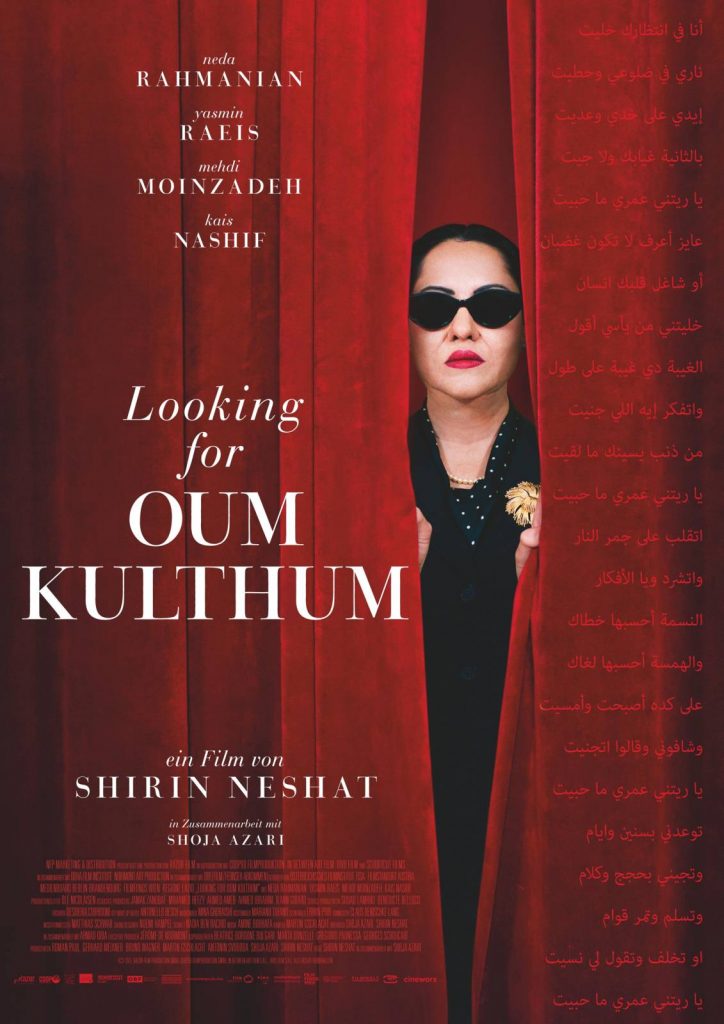
Lisa Fruchtman
Born 1948
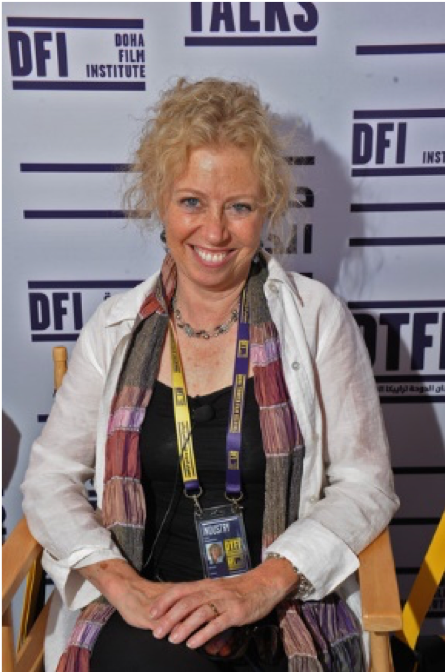 Lisa Fruchtman is a film and television editor and documentary director with twenty-five film credits. After interning with a documentary film group in the USA, Fruchtman spent a year developing her editing skills at the National Film Board of Canada and then returned to the states, where she began working as an assistant editor for Francis Ford Coppola on The Godfather Part II. Later, as an editor, she worked on two other Coppola films: Apocalypse Now (co-edited with Richard Marks, Gerald B. Greenberg and Walter Murch) and The Godfather Part III (co-edited with Barry Malkin and Walter Murch). Both films were nominated for Best Editing Oscars. Fruchtman (and her co-editors Glenn Farr, Tom Rolf, Stephen A. Rotter and Douglas Stewart) won an Oscar for Philip Kaufman’s The Right Stuff. Her first film with solo editing credit was for Randa Haines’ Children of a Lesser God.
Lisa Fruchtman is a film and television editor and documentary director with twenty-five film credits. After interning with a documentary film group in the USA, Fruchtman spent a year developing her editing skills at the National Film Board of Canada and then returned to the states, where she began working as an assistant editor for Francis Ford Coppola on The Godfather Part II. Later, as an editor, she worked on two other Coppola films: Apocalypse Now (co-edited with Richard Marks, Gerald B. Greenberg and Walter Murch) and The Godfather Part III (co-edited with Barry Malkin and Walter Murch). Both films were nominated for Best Editing Oscars. Fruchtman (and her co-editors Glenn Farr, Tom Rolf, Stephen A. Rotter and Douglas Stewart) won an Oscar for Philip Kaufman’s The Right Stuff. Her first film with solo editing credit was for Randa Haines’ Children of a Lesser God.
“He [Coppola] surrounds himself with a lot of different kinds of collaborators—not only great artists but also very nuts and bolts people, so it’s kind of like all the different parts of the job are taken up by his team and he’s free to be wildly imaginative because he depends on all of us to execute the vision without actually being told what to do. He never says, “Do this” or “Do that” or “Cut here” or anything ever like that. He’s rarely in the cutting room. He likes to see what you come up with and then screen it separately or in the context of a cut and then give you some vague direction about how it could be better and let you go back and figure it out. And for me, that was a very exciting and creative process. For some people, it might be maddening. For the studio, it was certainly maddening.”
—From “The Art of the Edit,” a 2017 interview with Lisa Fruchtman. The link to the full video can be found in the appendix.
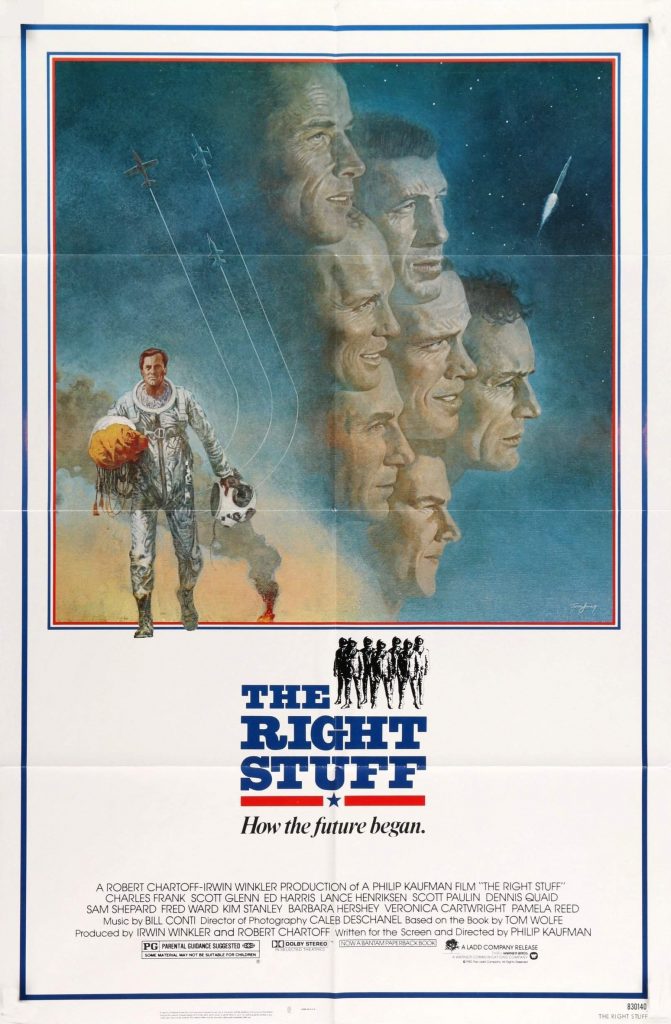
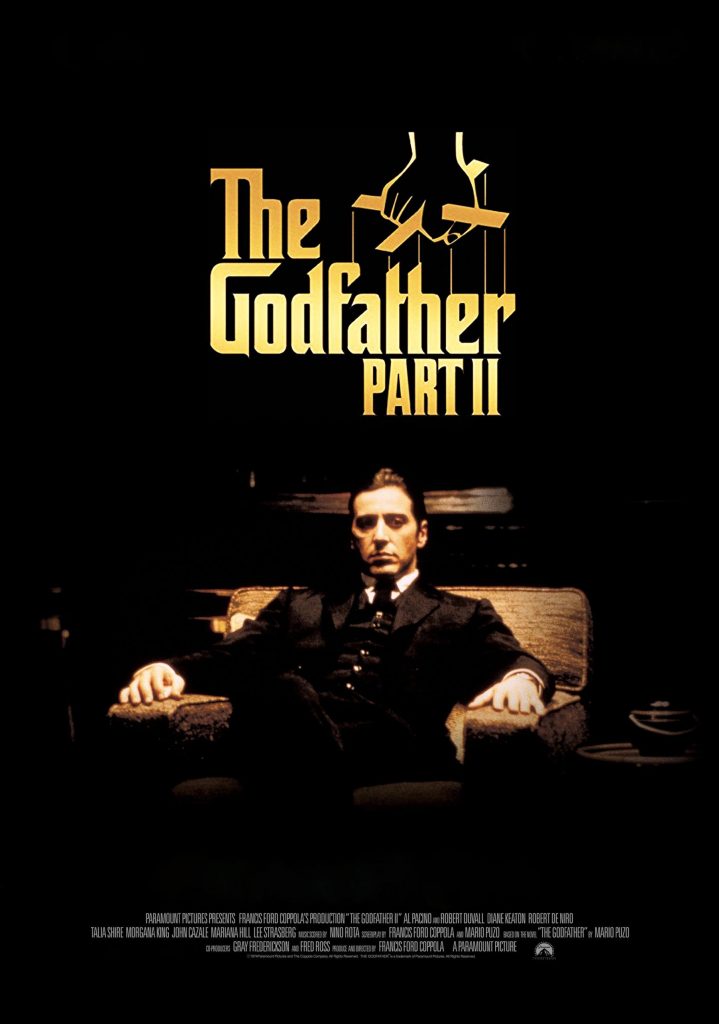
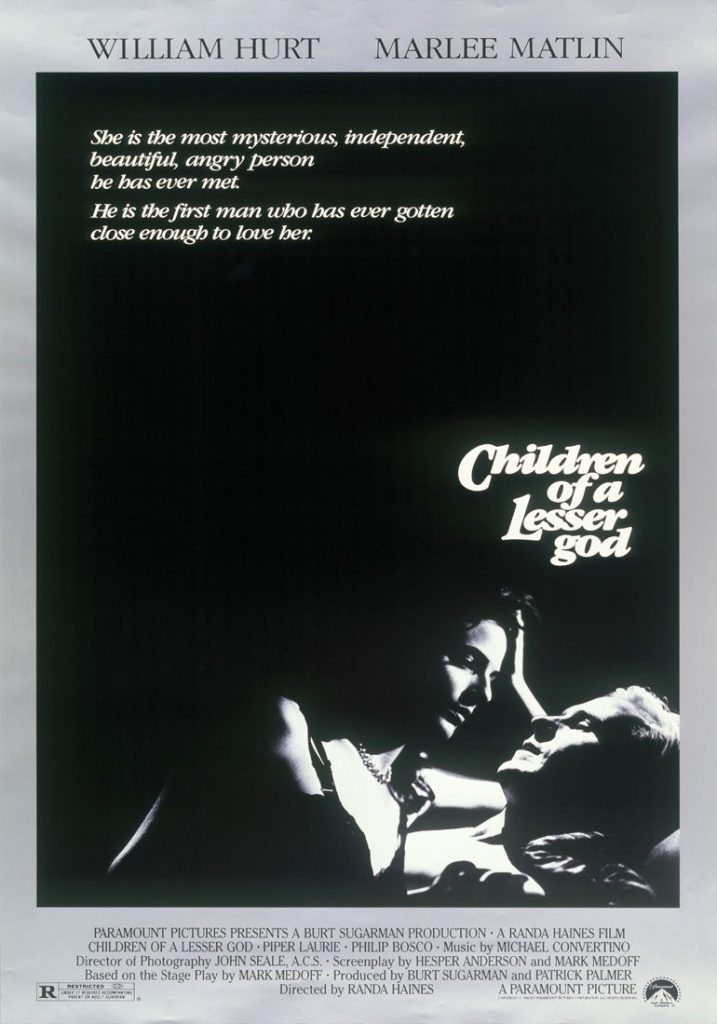
 Nadia Ben Rachid is a Franco-Tunisian editor who has worked for twenty years with Abderrahmane Sissako on his films, such as Waiting for Happiness, Bamako and Life on Earth. She won a César as well as Best Editing at FESPACO for Sissako’s latest film, Timbuktu. Ben Rachid has edited numerous documentaries, including all of Anne Aghion’s films, including the 2005 Emmy winner In Rwanda We Say…The Family That Does Not Speak Dies. She recently edited Shirin Neshat’s Looking for Oum Kulthum.
Nadia Ben Rachid is a Franco-Tunisian editor who has worked for twenty years with Abderrahmane Sissako on his films, such as Waiting for Happiness, Bamako and Life on Earth. She won a César as well as Best Editing at FESPACO for Sissako’s latest film, Timbuktu. Ben Rachid has edited numerous documentaries, including all of Anne Aghion’s films, including the 2005 Emmy winner In Rwanda We Say…The Family That Does Not Speak Dies. She recently edited Shirin Neshat’s Looking for Oum Kulthum.


 Lisa Fruchtman is a film and television editor and documentary director with twenty-five film credits. After interning with a documentary film group in the USA, Fruchtman spent a year developing her editing skills at the National Film Board of Canada and then returned to the states, where she began working as an assistant editor for Francis Ford Coppola on The Godfather Part II. Later, as an editor, she worked on two other Coppola films: Apocalypse Now (co-edited with Richard Marks, Gerald B. Greenberg and Walter Murch) and The Godfather Part III (co-edited with Barry Malkin and Walter Murch). Both films were nominated for Best Editing Oscars. Fruchtman (and her co-editors Glenn Farr, Tom Rolf, Stephen A. Rotter and Douglas Stewart) won an Oscar for Philip Kaufman’s The Right Stuff. Her first film with solo editing credit was for Randa Haines’ Children of a Lesser God.
Lisa Fruchtman is a film and television editor and documentary director with twenty-five film credits. After interning with a documentary film group in the USA, Fruchtman spent a year developing her editing skills at the National Film Board of Canada and then returned to the states, where she began working as an assistant editor for Francis Ford Coppola on The Godfather Part II. Later, as an editor, she worked on two other Coppola films: Apocalypse Now (co-edited with Richard Marks, Gerald B. Greenberg and Walter Murch) and The Godfather Part III (co-edited with Barry Malkin and Walter Murch). Both films were nominated for Best Editing Oscars. Fruchtman (and her co-editors Glenn Farr, Tom Rolf, Stephen A. Rotter and Douglas Stewart) won an Oscar for Philip Kaufman’s The Right Stuff. Her first film with solo editing credit was for Randa Haines’ Children of a Lesser God.

